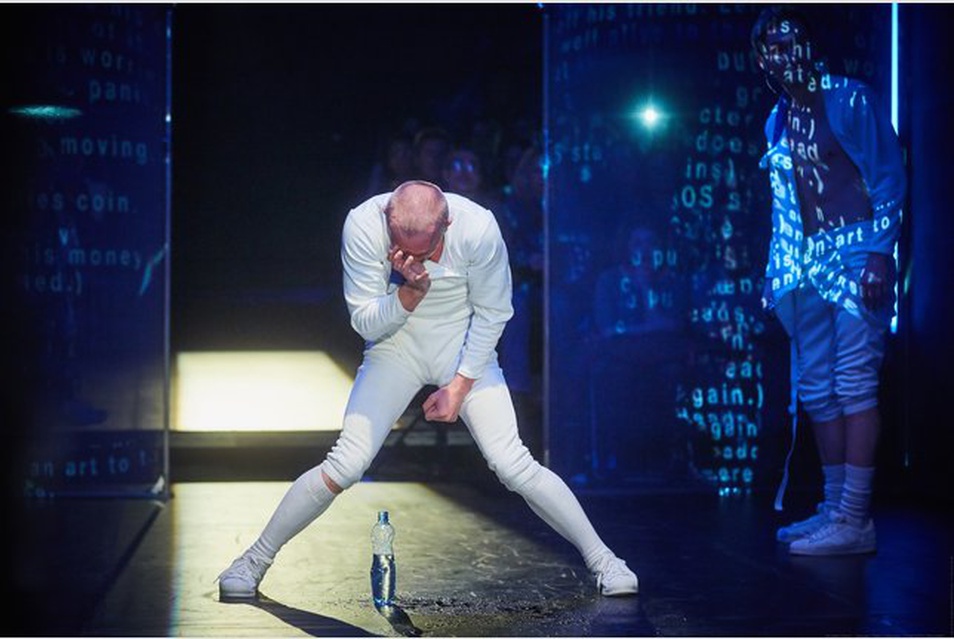
Every spring Russia celebrates the best of theater with a three-month festival called the Golden Mask. This year theater-lovers are looking forward to a particularly vibrant festival, since it is celebrating its 25th year while the country celebrates its Year of Theater. The best productions of drama and comedy, opera, ballet, contemporary dance, operetta and musicals, and puppet theater from all over Russian will be performed in the capital.
The festival consists of a competition program, the Maska Plus non-competitive program, a selection of productions for children, as well as other special events. The Russian Case program, which will be shown March 28 to April 2, showcases the best of the best from Moscow and other Russian cities from past years. The schedule will go up by the end of February.
If watching a play in Russian is daunting, there are some spectacular dance and musical productions to see. Kirill Serebrennikov’s “Nureyev” will be performed at the Bolshoi Theater on Feb. 28, and a revised version of “Paguita,” one of the most famous classical ballets of the 19th century, opens a few weeks later. The Ural Opera and Ballet company in Yekaterinburg has produced a new performance based on the original material. Composer Yuri Krasavin has reworked the original music and choreographer Vyacheslav Samodurov has reimagined the classical ballet. The plot revolves around a gypsy girl, Paquita, who falls in love with an officer of Napoleon’s army in Spain. Unlike the original story, the new performance takes place in three consecutive centuries. The ballet will be shown on March 13 at the Stanislavsky and Nemirovich-Danchenko Music Theater.
If you didn’t see “The Nutcracker” over the holidays, you’re still in luck. The version from the Perm Opera and Ballet Theater is a ballet based on Tchaikovsky’s music is a must-see. Critics call it “exceedingly beautiful” due to bright scenic decorations, intricate snowflakes and huge walking polar bears, but also thanks to work of choreographer Alexei Miroshnichenko who staged several dances in the style of national traditions: Spanish, Asian, Chinese and Russian. The ballet will be performed on Feb. 19 at the Stanislavsky and Nemirovich-Danchenko Music Theatre.
Another way for non-Russian speakers to enjoy the festival is by watching plays you know well — for example, “Hamlet.” Three theaters will show their versions of “Hamlet” — all completely different. Saint-Petersburg’s Lensovet Theater, which has the longest list of nominations for this production, is showing theirs on April 3 and 4 at the Russian Academic Youth Theater. Yakut Sakha Theater will present “My Friend Hamlet” on April 8 on the main stage of Pushkin Drama Theater. It’s also nominated for best drama. Finally, experimental “Sociopath / Hamlet” from Novosibirsk with rapping young actors can be seen on Feb. 26 at the Meyerhold Center.
The awards ceremony will be held on April 16 at the Bolshoi Theater.
The full schedule can be found in English on the festival site. Tickets must be purchased at the booking office at 32 Bolshaya Dmitrovka, Bldg. 1 (metro stations Chekhovskaya, Pushkinskaya, Tverskaya).






